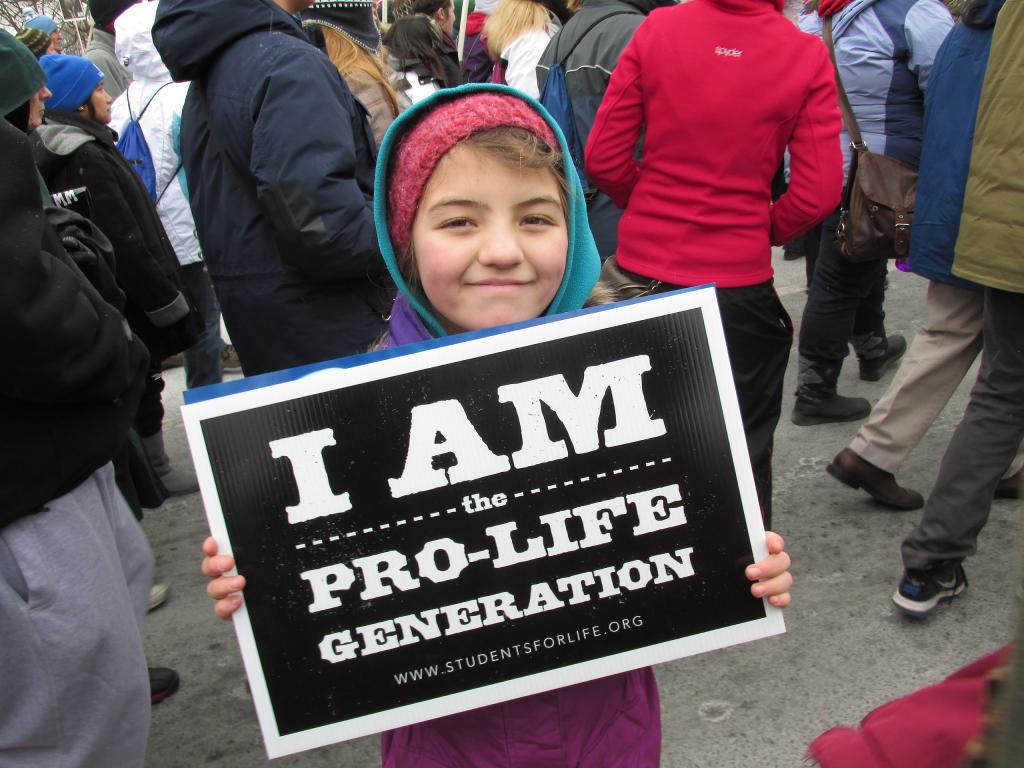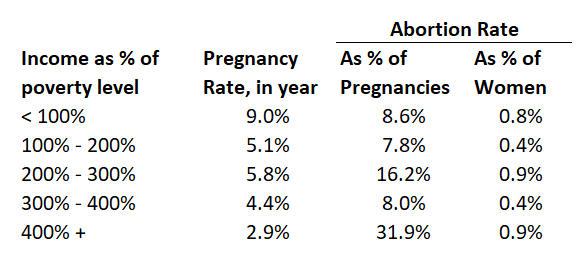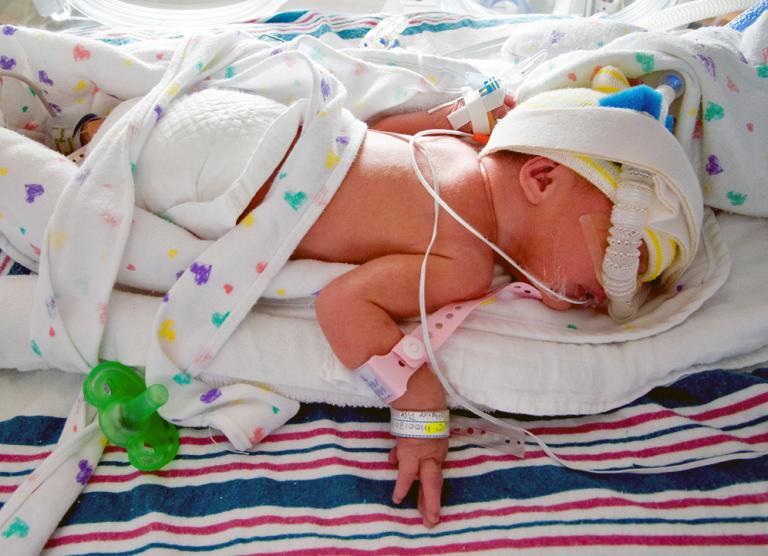
One reads a lot, these days, about what it means to be “pro-life” — and it usually goes something like this:
People who merely believe abortion should be illegal, or that it is gravely morally wrong to obtain, perform, or advocate for abortion, are not “really pro-life.” No, to be a “true pro-lifer” means to object to any sort of intentional killing, especially State-approved killing such as euthanasia/assisted suicide as well as the death penalty. Oh, and it means supporting not just private charities which help pregnant women but also government programs including (but not limited to) free healthcare, paid parental leave, and free childcare. Plus, to be pro-life requires caring about the well-being of, well, all people everywhere, but more specifically believing that any child appearing at the southern border should be granted residency in the United States.
It’s getting tiresome.
Yes, much of the time, these demands come from people who do not identify as “pro-life” in the first place, but simply want to use this rhetorical device as a means of shaming social conservatives. It’s the playbook of “make them live by their own rules.”
But this is also coming from Catholics who do call themselves pro-life, but have adopted this “real pro-life” position as a way of avoiding saying anything that will upset anyone, because they know that “extensively ramp-up social welfare benefits” is going to make progressives happy regardless of whether they believe that there’s anything wrong with abortion or not.
It goes like this:
People only ever have abortions if they are in deep distress. We therefore need to remedy that distress, to end abortion. And if we simply outlaw abortion without remedying the conditions which drive women to abortion, well . . .
And what comes after the “well . . . “? Sometimes it’s, “they’ll get abortions illegally, or in another state.” And maybe that’s a reasonable concern. But sometimes, in the end, it’s “deprived of abortion, they’ll suffer financially” or “the children will have tragic lives.”
Now, I don’t mean to say that I am indifferent to the financial well-being of women, but this point of view is a path towards “abortion isn’t a sin if the mother had no other way to avoid hardship in her life” — and ultimately the “hardship” widens from “mired in poverty” to “unable to fulfill her career dreams” and from “trapped in a relationship with an abusive man” to “unable to start a new life in a new city because the man who looks at her with puppy-dog eyes wants a relationship with his child.”
And, again, there are far too many people “shouting their abortions” for me to be comfortable with the idea that women have abortions because they are poor, so that the “fix” for abortion is to end poverty.
In fact, in an old blog post from 2015, I came across some information on abortion prevalence by economic class. In a paper which purported to “prove” that poor women had insufficient access to abortion and therefore abortion should be free as a matter of equity, the Brookings Institute provided data on pregnancy rates, and on abortion rates, among pregnant women.
Here’s that data (in a new-and-improved format):

Now, when I originally wrote this, and again now, I found this 16.2% rate for women in the middle group to be a very peculiar outlier — even if there is a point at which women’s economic anxiety (as opposed to degree of economic hardship) is at its peak, it seems peculiar for it to make so much of a difference. But if poor women are not more likely to get abortions than all other women, then it makes this claim a bit suspect, to say the least. (I am curious, incidentally, about what these statistics look like now, given that the birth rate has been dropping year after year.)
So if, when it comes down to it, you simply don’t believe that there are any circumstances in which having an abortion should be a criminal act, or even that real-world circumstances exist in which it is immoral, you don’t get to call yourself pro-life.
(And, incidentally, I am not speaking merely in the abstract and building a strawman. A woman who was once a close friend of mine in grad school went down this path from “love them both” to “a woman isn’t culpable if she felt compelled to get an abortion” to “abortion isn’t really a sin.”)
Having said all that, for those of you waiting with bated breath see what my take is on the new anti-abortion legislation in Georgia and Alabama:
I don’t know.
Here’s a smart article on why pushing these laws, and losing the support of the public which was increasingly supporting milder abortion restrictions, is a mistake. Here’s another article on why it’s the right thing to do. Each of these are written by authors whose work is generally intelligent.
What’s the right thing to do, strategically?
Lastly, I know that, despite this being the Catholic channel, there are likely readers who don’t believe there is truly anything wrong with abortion in the first place and simply can’t engage with the fundamental premise of the article. Try substituting “child abuse” and “root causes of child abuse” and “criminalizing it will do more harm than good because parents will simply lock their children up to avoid being discovered.”
Image: https://en.wikipedia.org/wiki/March_for_Life_(Washington,_D.C.)#/media/File:March_for_Life,_Washington,_D.C._(2013).JPG; By Miss.Monica.Elizabeth – Own work, CC BY-SA 3.0, https://commons.wikimedia.org/w/index.php?curid=25829162











